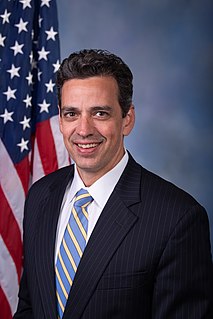A Quote by Michael T. Flynn
Despite what you hear in the news from the Obama administration and the military, our strategy of conducting infrequent airstrikes and re-taking pockets of Iraq and Syria terrain will only help us achieve short-lived tactical victories.
Related Quotes
I intend to vote against authorizing the president to use military force in Syria. The Obama Administration has not provided a clear or convincing strategy for inserting our military into the conflict. I am also deeply concerned about the extent to which al-Qaeda-affiliated terrorists are involved in the rebellion.
The good news is that the international coalition, in which our military contributes, has done a lot to reduce the ground space, the territory in Iraq, Syria that ISIL once occupied a couple years ago. That's a good thing. And a lot of that, frankly, has occurred in Trump administration, so I'll give them credit for that.
In truth the importance of U.K. airstrikes and the U.K.'s eight additional planes is more political than military. It is in honesty a micro military issue. There is no great military necessity for the U.K. to be involved since planes are queuing up from a wide range of countries over the skies of Syria.
Television, radio, social media. The 24/7 news cycle plows forward mercilessly on our desks, in our cars and in our pockets. Thousands and thousands of messages and voices bombard us from the moment we wake, fighting for our attention. All we see and hear, all day long, is news. And most of it is bad.
American airstrikes...create risks, especially if our intelligence there is rusty. The crucial step, and the one we should apply diplomatic pressure to try to achieve, is for Maliki to step back and share power with Sunnis while accepting decentralization of government. If Maliki does all that, it may still be possible to save Iraq. Without that, airstrikes would be a further waste in a land in which we've already squandered far, far too much.
[Barack Obama] is sending more troops [to Afghanistan], but they have also realized that we are not going to win that war through guns and tanks. We have to engage the neighbors, and it is good that there is a non-military strategy in addition to a military strategy. It is, at least, encouraging. Whether it will work or not, the jury is still put.


































